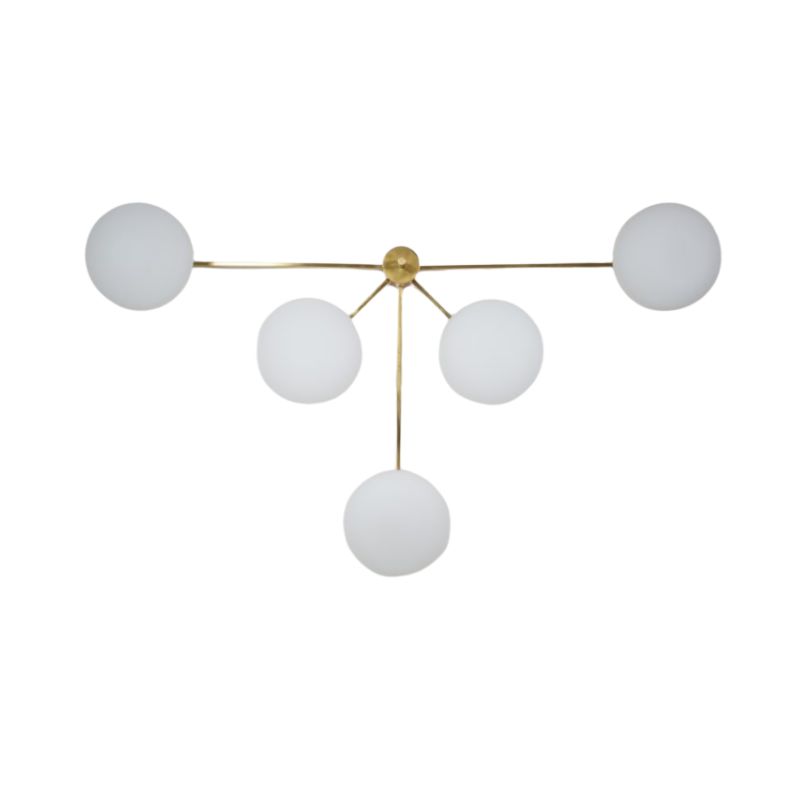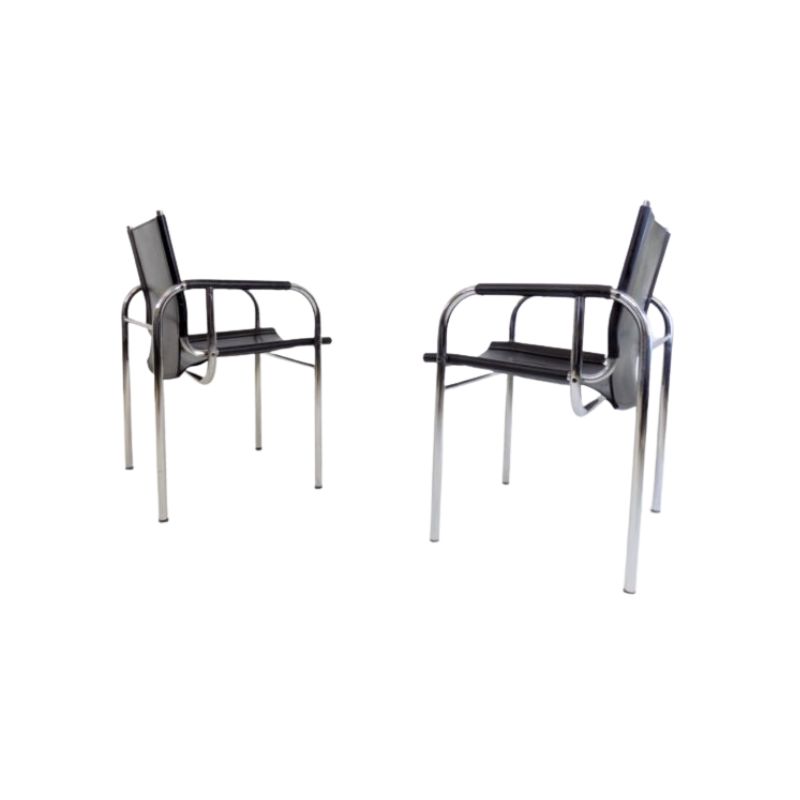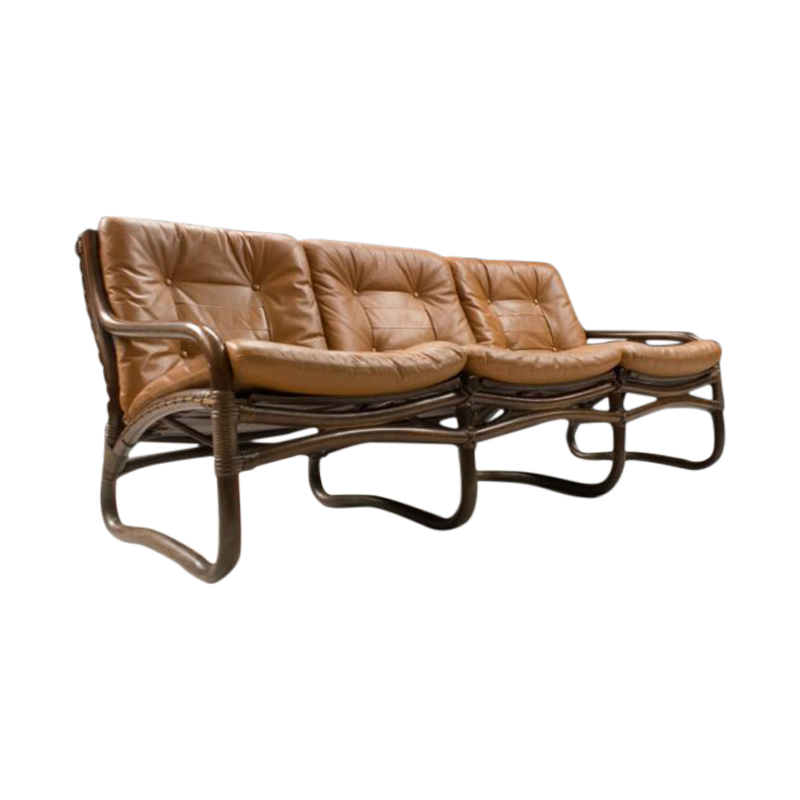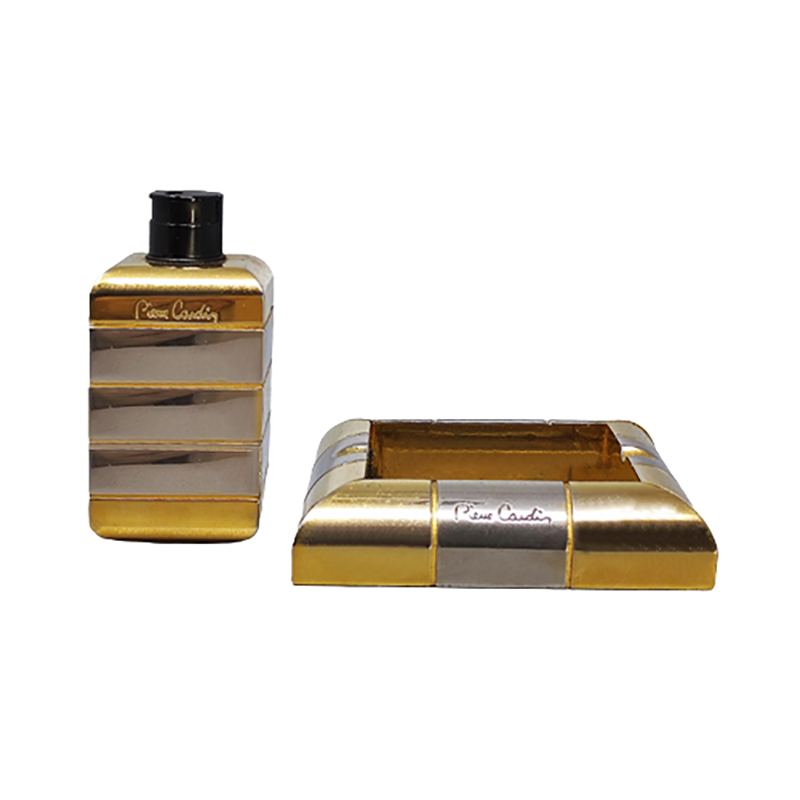I'm the first person to admit that my 'refinishing' skills are pretty poor. I'm learning, but mostly by my mistakes.
I'm attempting to revive this Stonehill desk (i'm praticing on the cheaper stuff!). It had some staining to the surface which I thought might come out with the old iron trick. However it's left a large whitish patch now (I think the steam setting was on). Any ideas how I get it back to looking good again? The original finish looked like it was a very light varnish, or maybe teak oil? Very similar to a G-plan finish I would say.


I would try with this stuff... http://www.designquest.biz/pc/SC12MTEAK/Care-Products-Cleaning/SCAN+CARE...
Don't take off any finish just apply this with a lint free cloth and buff. If it works you will need to re-oil it every year or so but it will not harm your piece at all. It's all I use on teak. Sometimes I use supper fine steel wool with it in the same direction as the grain then buff with a cloth, but try with the cloth only first. DON'T BUY TEAK OIL AT YOUR HARDWARE STORE AND THINK IT'S THE SAME AS THIS. Teak oil often has a hardener in it that isn't good for teak, this oil will dry out over time which is fine but that's why you reapply it annually.
http://www.designquest.biz/pc/SC12MTEAK/Care-Products-Cleaning/SCAN+CARE...
i would refinish the entire t...
i would refinish the entire thing.... strip the entire piece with OrangeGlo, clean off with mineral spirits. Then lightly sand and re stain /rub with teak oil. Then get wipe on minwax polly in a satin.
I honestly think it looks quite bad but thats my opinion and im stupid lol
I refinish lots of stuff it just takes practice. Also remember to only refinish those things that are in need of refinishing. Sometimes a restoration does more damage to the piece than good.
Thank you, this is very helpful
So, is OrangeGlo a type of thinner?
Regarding the Scan Care Teak Oil (which looks great BTW), will that pull out the stain too?
Also, if I apply teak oil, is the there a specific way that works best so I don't get streaking, should I use a rag soaked in the teak oil?
Daniel, I can't see the white-ish mark in your pics.
I do see a darker area near the center of the top that looks like it may have had a deskpad on it for a time. If that's what you were trying to remove with "the old iron trick", then I think you know now how well that works. A light sanding and refinishing may be the only option to even that shadow out.
Try rubbing down the entire top with a rag and mineral spirits, white spirits, Stoddard's solvent, or VM&P naptha. That may help with the "bloom" you caused in the finish, clean off any old wax and grime, and it'll give you a good look at any original finish in order to assess condition and guide subsequent treatment.
I'd avoid any finish that has a brown appearance or contains a stain. It's possible that the top has been bleached by UV exposure, but attempting to even it out without stripping and sanding is tricky even for pros.
Not necessarily.
I can't recommend a stain on teak. There are many causes of disfiguring stains on wooden furniture. Water, alcohol, burns, chemical reactions, excessive UV exposure, each call for different approaches to treatment. I've already advised as to what I would start with if it were mine.
If you are serious about learning the proper care of valuable furniture, you've got to figure out what you're trying to treat before simply stripping, sanding and refinishing. It ain't rocket science, but there is a lot to know and most of that is what not to do.
I'm not an expert.
But I've spent my entire career working alongside museum conservators and I've had a fair amount of training in the proper care of museum artifacts of all varieties. I realize that we're mostly not dealing with one-of-a-kind highly valued antiques here, but the basics remain the same. First, do no harm. Often, the best course of action, if you're not sure, is to do nothing at all besides putting on a coat or two of paste wax and doing more research.
Daniel: A place to start.
A good introduction to the basics. Explore the resources but, be warned. People have devoted lifetimes to it!
http://www.cci-icc.gc.ca/crc/notes/html/7-2-eng.aspx
Before getting
further into this impressively well-written document, I wonder why the author omits pigmented or dye stains from his list of basic finish types, and instead includes what must be an extremely rare bird, the dry pigmented finish ? Any thoughts, tk ?
The OP's credenza is a handsome piece, in my opinion. Let's hope it gets the care it deserves . . . !
Good question.
Possibly because pigment stains and and dyes are relatively new to furniture finishing?
I'd hate to think it has anything to do with being Canadian!
As I'm sure you are aware, there are few magic bullets involved in furniture restoration. There are graduate-level courses in furniture conservation, but the best in the business came up through long years of apprenticeship and study. It really is a calling, of sorts, and it almost requires a unique aptitude for a wide variety of skills. I admire those who have stayed with it long enough to eke out a living at it.
If you need any help, please contact us at – info@designaddict.com









